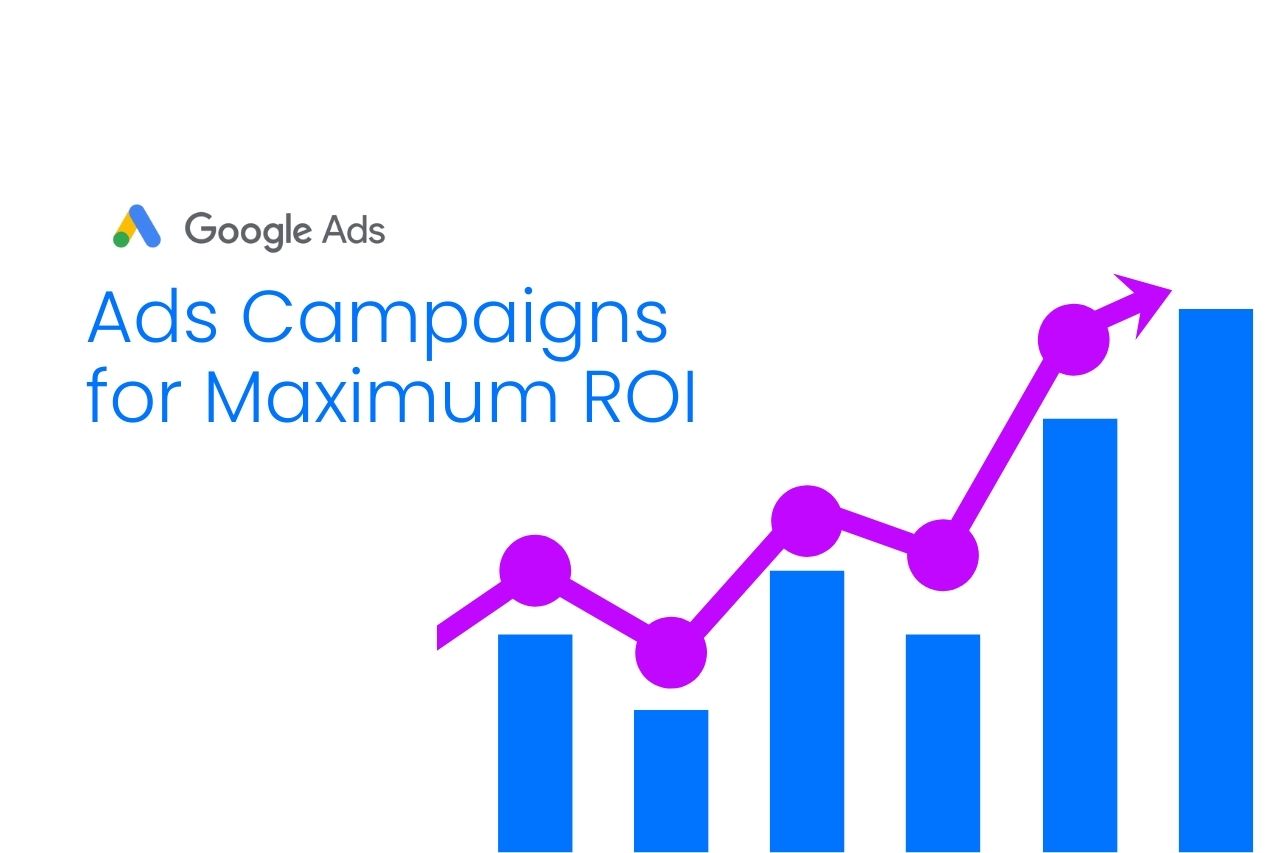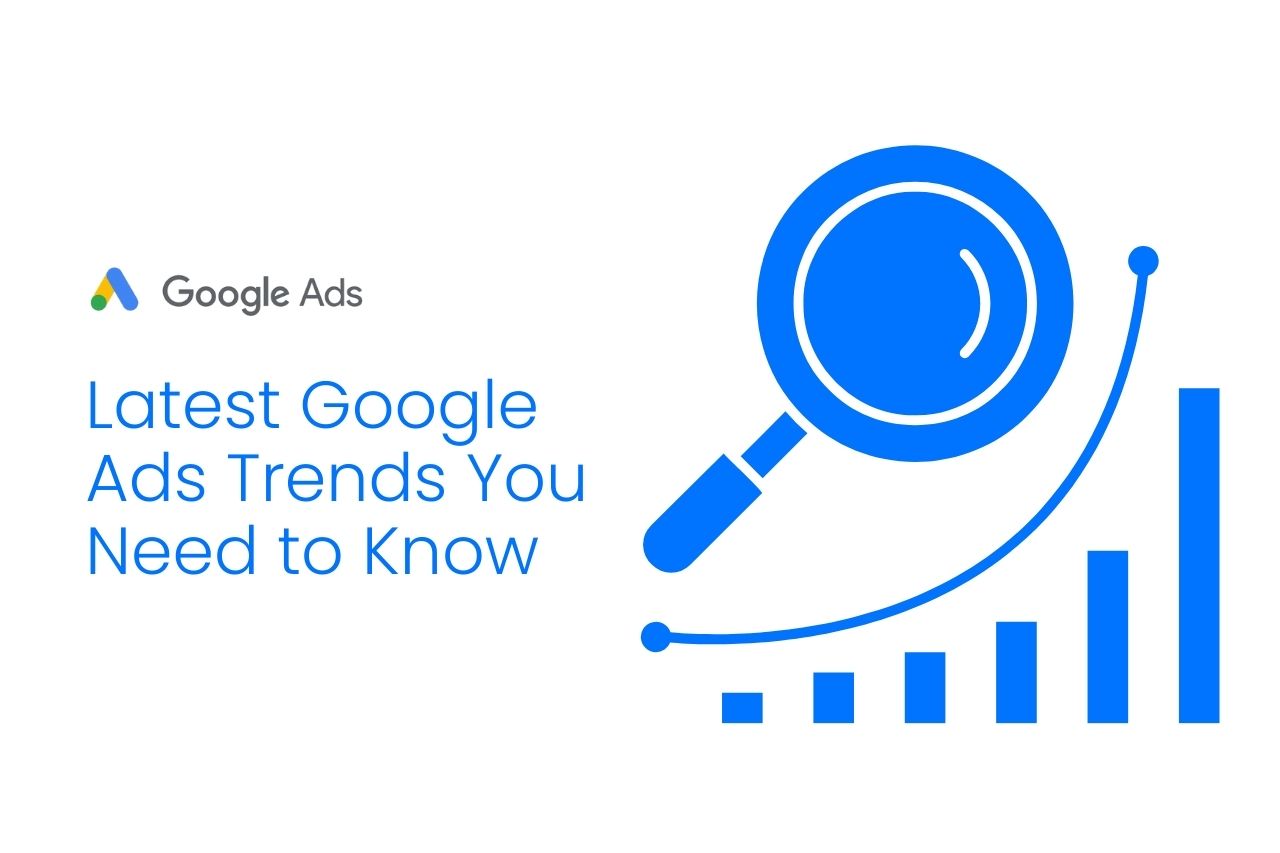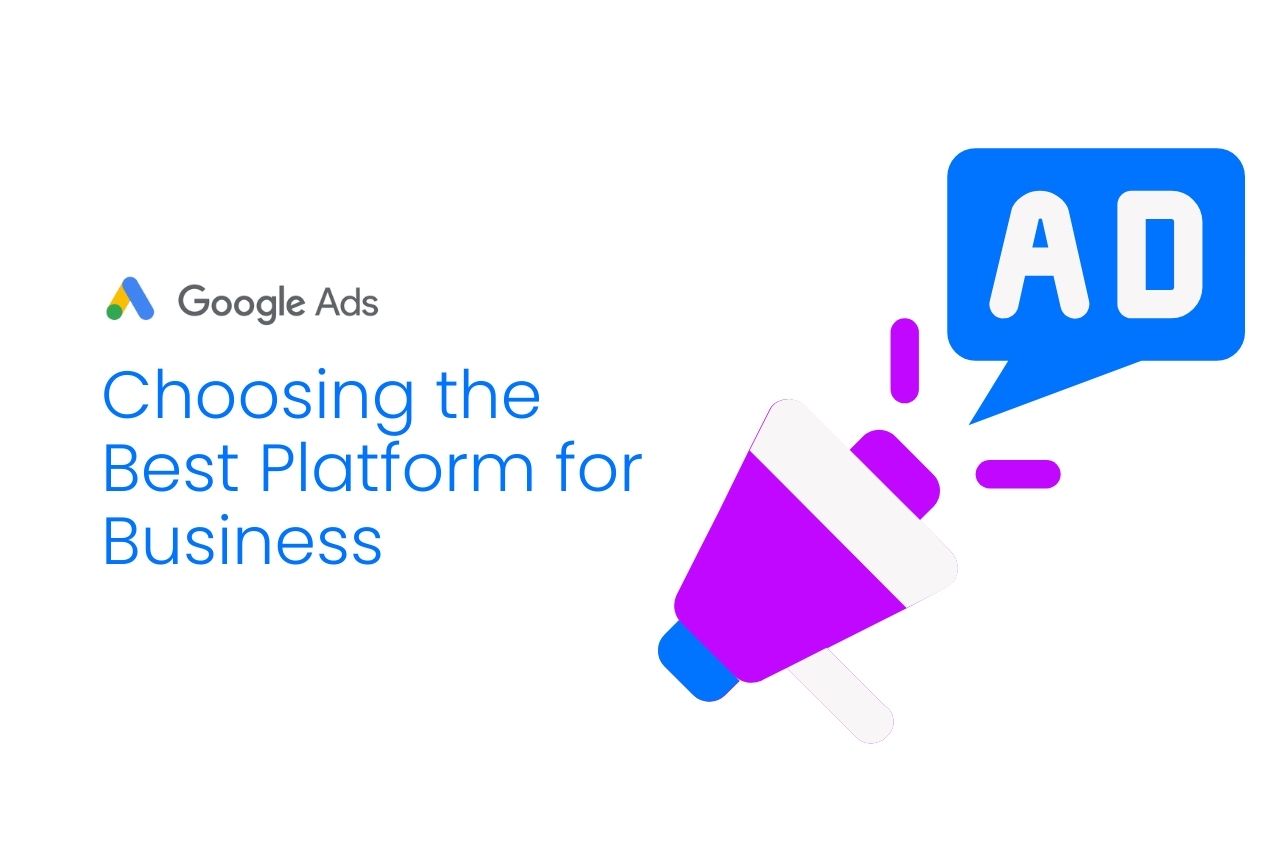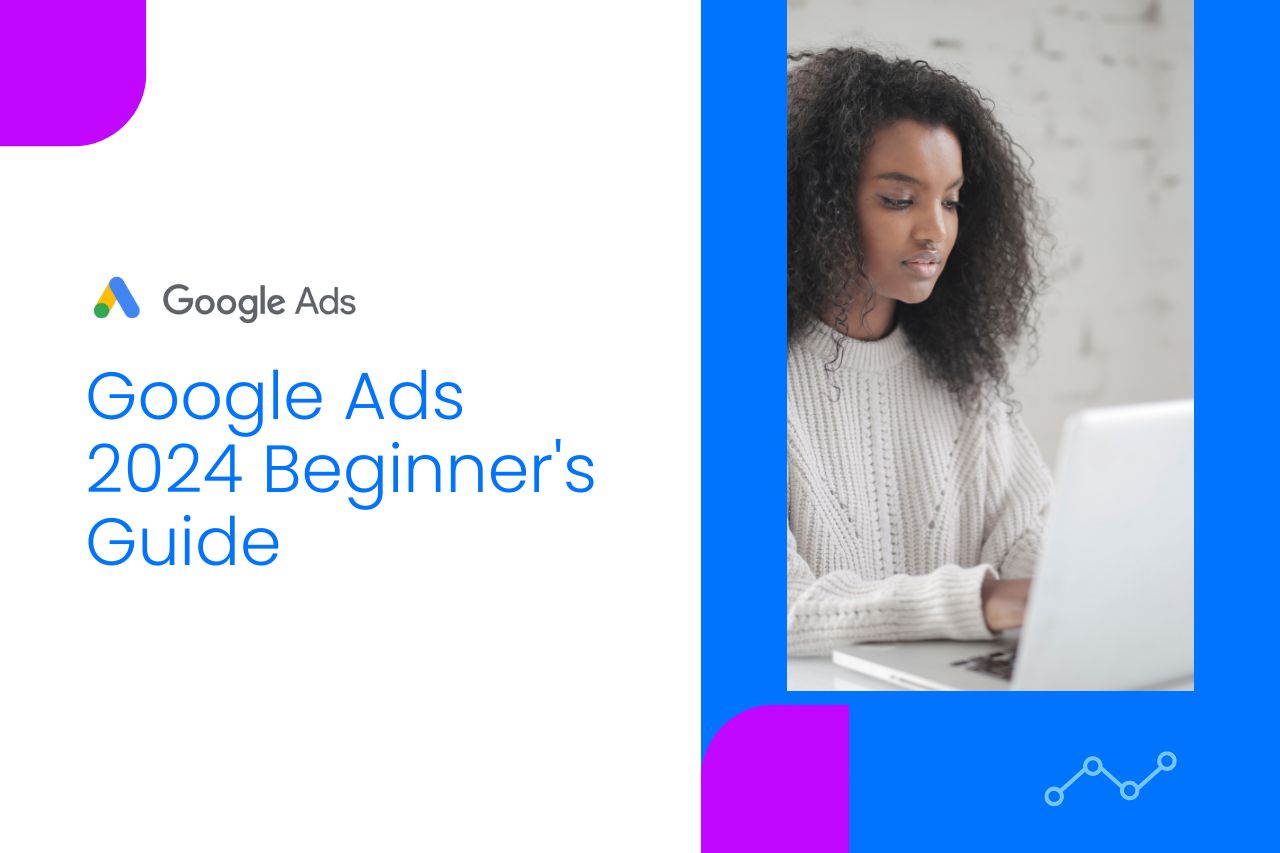However, running a successful Google Ads campaign isn’t just about setting it up and letting it run. To achieve maximum return on investment (ROI), you need to continually optimize your campaigns. This article will guide you through the essential strategies to boost your Google Ads performance and get the most out of your advertising budget.
1. Define Clear Goals and KPIs
Before diving into optimization tactics, it’s crucial to establish clear objectives for your campaigns. Are you aiming for more website traffic, lead generation, or direct sales? Once you’ve defined your goals, set specific Key Performance Indicators (KPIs) to measure success, such as:
- Click-Through Rate (CTR)
- Conversion Rate
- Cost Per Click (CPC)
- Cost Per Acquisition (CPA)
- Return on Ad Spend (ROAS)
Having these metrics in place will help you track progress and make data-driven decisions throughout the optimization process.
2. Conduct Thorough Keyword Research
-
The foundation of any successful Google Ads campaign is solid keyword research. To optimize your campaigns:
- Use tools like Google Keyword Planner to identify relevant, high-volume keywords
- Include a mix of short-tail and long-tail keywords
- Incorporate negative keywords to filter out irrelevant traffic
- Regularly review and update your keyword list based on performance data
Remember, the goal is to target keywords that not only drive traffic but also attract users with high conversion potential.
3. Craft Compelling Ad Copy
-
Your ad copy is often the first interaction potential customers have with your brand. To maximize its impact:
- Highlight your unique selling propositions (USPs)
- Include strong call-to-actions (CTAs)
- Utilize ad extensions (sitelinks, callouts, structured snippets) to provide additional information
- A/B test different ad variations to identify the most effective messaging
Ensure your ad copy is relevant to both the keywords you’re targeting and the landing page you’re directing users to.
4. Optimize Landing Pages
The user experience doesn’t end with the ad click. Your landing pages play a crucial role in converting visitors. To optimize them:
- Ensure fast loading times across all devices
- Create a clear and compelling headline that matches your ad copy
- Use persuasive content that addresses the user’s needs and pain points
- Include a prominent and easy-to-use call-to-action
- Implement A/B testing to continually improve page elements
Remember, a well-optimized landing page not only improves conversion rates but can also boost your Quality Score, leading to better ad positions and lower costs.
5. Implement Smart Bidding Strategies
Google’s machine learning-powered Smart Bidding can help you optimize for conversions or conversion value. Consider using strategies like:
- Target CPA (Cost Per Acquisition)
- Target ROAS (Return on Ad Spend)
- Maximize Conversions
- Maximize Conversion Value
These automated bidding strategies can adjust your bids in real-time based on various signals, helping you achieve your goals more efficiently.
6. Leverage Audience Targeting
To improve the relevance of your ads and boost ROI, utilize Google’s audience targeting options:
- Remarketing: Target users who have previously interacted with your website
- In-market audiences: Reach potential customers who are actively researching or planning to purchase products or services in your industry
- Affinity audiences: Target users based on their long-term interests and behaviors
- Customer match: Upload your customer data to target existing customers or find similar audiences
Combining these audience targeting methods with your keyword strategy can significantly improve your campaign’s performance.
7. Monitor and Adjust Campaign Settings
Regularly review and adjust your campaign settings to ensure optimal performance:
- Ad schedule: Analyze when your ads perform best and adjust bidding accordingly
- Device performance: Optimize bids for different devices based on their performance
- Geographic targeting: Focus on locations that drive the most valuable traffic and conversions
- Budget allocation: Distribute your budget across campaigns based on their performance and potential
8. Utilize Ad Groups Effectively
Properly structured ad groups can significantly improve your campaign’s relevance and performance:
- Create tightly themed ad groups with closely related keywords
- Limit each ad group to 10-20 keywords for better management
- Ensure ad copy within each group is highly relevant to the keywords
- Use ad group-level negative keywords to prevent overlap
9. Implement Conversion Tracking
Accurate conversion tracking is essential for measuring ROI and optimizing campaigns:
- Set up conversion tracking for all valuable actions on your website
- Use Google Analytics in conjunction with Google Ads for deeper insights
- Track micro-conversions (e.g., newsletter signups) as well as macro-conversions (e.g., purchases)
- Regularly review your conversion data to identify areas for improvement
10. Continuously Test and Refine
Optimization is an ongoing process. Continuously test different elements of your campaigns:
- Ad copy variations
- Landing page designs
- Bidding strategies
- Audience targeting combinations
- New keywords and match types
Use the data from these tests to make informed decisions and continually refine your approach.
Conclusion
Optimizing your Google Ads campaigns for maximum ROI requires a strategic approach, attention to detail, and ongoing effort. By implementing these strategies and continuously analyzing and adjusting your campaigns, you can significantly improve your advertising performance and achieve a higher return on your investment. Remember, the digital advertising landscape is always evolving, so stay informed about new features and best practices to keep your campaigns at the cutting edge of performance.






